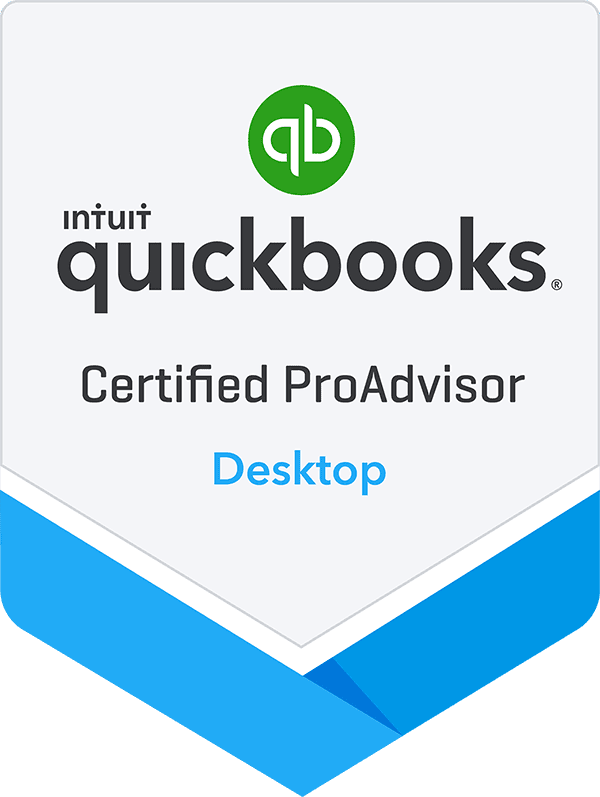
In this installment of our frequently asked questions, we demystify some accounting and bookkeeping questions that our CFOs and accountants get asked the most.
I pay employees’ tips and year-end bonuses in cash. Do I need to track that?
—Bailey McRae
For tax purposes, yes. It is best practice to pay those through your payroll provider. If you continue to pay in cash, then you need to report the amounts to your payroll provider so they can withhold taxes on the next payroll. Otherwise, you will be liable for those taxes if you were to experience an audit. Failure to do so can result in significant penalties and interest from the IRS. Tracking these payments also helps your employees meet their tax obligations and provides a clearer picture of your business’s financial health. Better yet, stop paying your employees in cash and run everything to payroll. This helps stay in legal compliance and ensure employees don’t “forget” about all the extra income they earned because it didn’t show up on their W-2.
Can I create one customer invoice from multiple estimates in QuickBooks? Example, an estimate is created for HVAC repair, but then the client needs an estimate to fix another system and so a second estimate is created. How do I create a single invoice for both estimates?
—Debbi Silva
QB Desktop: At this moment, QB Desktop does not have a way to create a single invoice from multiple estimates. The best way to handle this is to create an invoice from one of the estimates, then add additional lines for additional estimates you wish to invoice. Each line should reference the estimate numbers so that tracking can be done. The second, third or other estimates will need to be manually marked as complete and the invoice number should be added to the notes to tie the two transactions together.
QB Online: The option to create a single invoice from multiple estimates is available in QB Online. To do this from the +New menu, select Invoice, enter the name of the client and from the pop-up window on the right of the screen, select the first estimate you wish to add to the invoice. For “How much do you want to invoice?” select the amount or percentage and copy to invoice. Select the second and follow the same procedure until all the estimates that you wish to add to the invoice have been included.
Why would a business switch from cash basis to accrual basis of accounting?
—Lauren McGuire
A business might switch from cash basis to accrual basis accounting to gain a more accurate and comprehensive understanding of their financial position. Accrual accounting records income and expenses when they are earned or incurred, rather than when cash is exchanged, providing a clearer picture of long-term financial health and performance. This method enhances the ability to track receivables and payables, facilitates better financial planning and management, and ensures compliance with Generally Accepted Accounting Principles (GAAP) and regulatory requirements, which is often necessary for securing loans or attracting investors.
How can I save money on bookkeeping services?
—Tetiana Bila
- Digitize and Organize Documents: Maintain scanned copies of all financial documents (invoices, bills, checks, sales receipts, closing statements, etc.) in a centralized cloud storage service like Dropbox or Google Drive. Ensure your accounting specialist has access to these files for efficient processing.
- Use Separate Banking Accounts: Establish distinct banking accounts for each entity, company, or office. This practice simplifies financial tracking and reduces the risk of errors.
- Segregate Personal and Business Expenses: Maintain separate bank accounts and credit cards for personal and business expenses to ensure clear financial boundaries and accurate bookkeeping.
- Provide Comprehensive Information: Offer detailed and well-informed responses to the accounting specialist’s questions regarding source documents or transactions. This proactive communication can prevent misunderstandings and save time.
- Grant Access to Financial Statements: Give the accounting specialist direct access to all bank and credit card statements. This avoids unnecessary delays and ensures timely preparation of financial reports.
- Follow Professional Advice: Adhere to the recommendations and instructions given by the accounting specialist. Following their advice for accurate and efficient data entry will reduce the time required to do the bookkeeping which will result in lower fees for the business owner.
Why should I not record customer deposits to the sales account when it’s received if you are cash basis?
—Stephanie Broom
First, being cash basis doesn’t mean transactions can’t sit on the balance sheet. For cash basis businesses, customer deposits or down payments are not recognized as taxable income when received. These deposits don’t impact taxable income until delivery of the product or service is completed/performed. If the product or service is not delivered, the business owner is likely required to refund the deposit back to the customer; hence treatment as a liability is correct. When the product or service is fully delivered, then the liability is relieved in the form of income.
Second, recording a customer’s deposit/down payment on the balance sheet allows a business owner to better track what has already been received and what is still due from the customer to ensure the customer pays in full for products or services delivered. By recording the deposits/partial payments to the balance sheet, a business owner gains more transparency and accountability regarding the funds held for future services or deliveries. It also provides accurate reporting by matching the revenue and the expense in the same period.
How can I streamline my vendor payment process to better keep track of bills & payments?
—Kayla Lugibihl
We recommend the implementation of a few processes to help mitigate this issue:
- Utilizing the AP function in QB – entering the bills as they are received, along with their terms, to determine when a bill is due. This can help determine short term cash needs and make managing cash flow simpler.
- Integrating a Bill payment function, like Bill.com, or bill payment through one’s bank, preferably one that can integrate with QB, to keep track of the payments. This eliminates the risk of checks being lost and gives a business owner more visibility into payments being made as well as offers ACH options.
- If not using software, switch payment method to ACH to track payments and mitigate check fraud and avoid costly wire fees. We do not recommend using cash unless necessary. If using cash, keep note on the withdrawal slip, notating vendor & invoice # if applicable. And be sure to enter the payment into QuickBooks correctly so that vendor gets an accurate 1099 at year-end; cash payments are still taxable to the recipient.

QuickBooks Desktop is Going Away
Should I migrate to QuickBooks Online or Upgrade to Enterpise? Get a customized plan from our experts.



